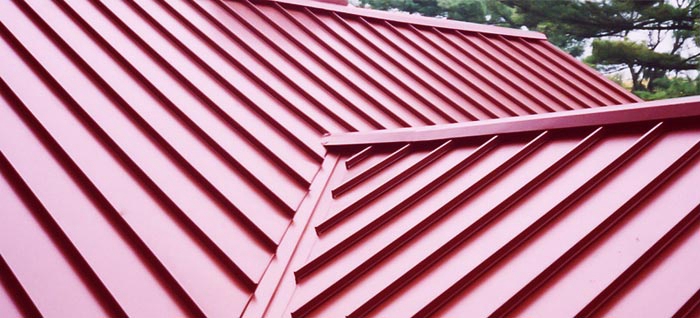roofing roll forming machine
The Innovation of Roofing Roll Forming Machines
In the rapidly evolving world of construction and manufacturing, efficiency and quality have become paramount. Among the many innovations that have emerged to meet these demands, roofing roll forming machines stand out as a pivotal advancement in the production of roofing materials. These machines have revolutionized the way roofing products are manufactured, ensuring that businesses can deliver high-quality, durable, and aesthetically pleasing roofing solutions to customers with increased efficiency.
Understanding Roofing Roll Forming Machines
Roofing roll forming machines are specialized machines designed to transform raw metal sheets into various roofing profiles. The process begins with the feeding of metal coils, typically made of galvanized steel, into the machine. These coils are then shaped into desired roofing profiles through a series of rollers that gradually form the metal into the required shape. The result is a continuous length of high-strength and lightweight roofing material that can be cut to any length as per the customer’s specifications.
The technology behind roll forming has made significant leaps forward in recent years. Modern machines employ advanced computer numerical control (CNC) technology, allowing for precise and consistent production. This leads to reduced waste and better use of materials, ultimately benefiting the environment as well as the bottom line for manufacturers.
Benefits of Roofing Roll Forming Machines
1. Efficiency One of the most significant advantages of using roofing roll forming machines is the speed at which they can produce roofing materials. Unlike traditional methods that may involve varying steps of processing, roll forming consolidates many of these steps into a single operation. This not only speeds up production but also reduces labor costs and the need for additional equipment.
2. Customization In today’s market, customization is crucial. Roofing roll forming machines can be designed to produce a variety of profiles, accommodating specific design requirements. This capability allows manufacturers to cater to unique architectural styles and customer preferences, making it possible to create bespoke roofing solutions that stand out.
roofing roll forming machine

3. Durability and Strength The materials produced by roofing roll forming machines are known for their strength and durability. The continuous process allows for better bonding and consistency in the material, resulting in roofing products that can withstand harsh weather conditions, UV radiation, and corrosion. This durability translates into lower maintenance costs and a longer lifespan for the roofing systems.
4. Reduced Waste Traditional manufacturing processes often result in significant material waste. Roll forming minimizes waste by precisely shaping the metal without cutting sections away unnecessarily. As a result, manufacturers can achieve higher returns on their raw material investments while also promoting sustainability.
5. Ease of Operation Modern roll forming machines are user-friendly, equipped with intuitive controls that facilitate quick setup and operational adjustments. This is particularly beneficial for small to medium-sized enterprises that might not have extensive experience in machinery operation.
Applications of Roofing Roll Forming Machines
The versatility of roofing roll forming machines extends beyond traditional roofing. They can be employed in creating a wide range of products, including wall panels, gutters, and downspouts. This adaptability makes them an invaluable asset for manufacturers in the construction industry. Moreover, the trend towards environmentally friendly construction solutions has led to an increase in the use of metal roofing, further elevating the demand for efficient roll forming solutions.
Conclusion
Roofing roll forming machines represent a significant advancement in the manufacturing of roofing materials. With their ability to produce high-quality, customizable products in a timely and efficient manner, they are quickly becoming the industry standard. As the demand for innovative building solutions continues to grow, investing in roofing roll forming technology may prove essential for businesses looking to enhance their production capabilities and stay competitive in the market.
In summary, the evolution of roofing roll forming machines is a testament to the power of technology in the construction industry. By combining efficiency, customization, and durability, these machines are undoubtedly transforming the way roofing systems are manufactured, paving the way for a more sustainable and innovative future in building materials.
-
Roof Panel Machines: Buying Guide, Types, and PricingNewsJul.04, 2025
-
Purlin Machines: Types, Features, and Pricing GuideNewsJul.04, 2025
-
Metal Embossing Machines: Types, Applications, and Buying GuideNewsJul.04, 2025
-
Gutter Machines: Features, Types, and Cost BreakdownNewsJul.04, 2025
-
Cut to Length Line: Overview, Equipment, and Buying GuideNewsJul.04, 2025
-
Auto Stacker: Features, Applications, and Cost BreakdownNewsJul.04, 2025
-
Top Drywall Profile Machine Models for SaleNewsJun.05, 2025








